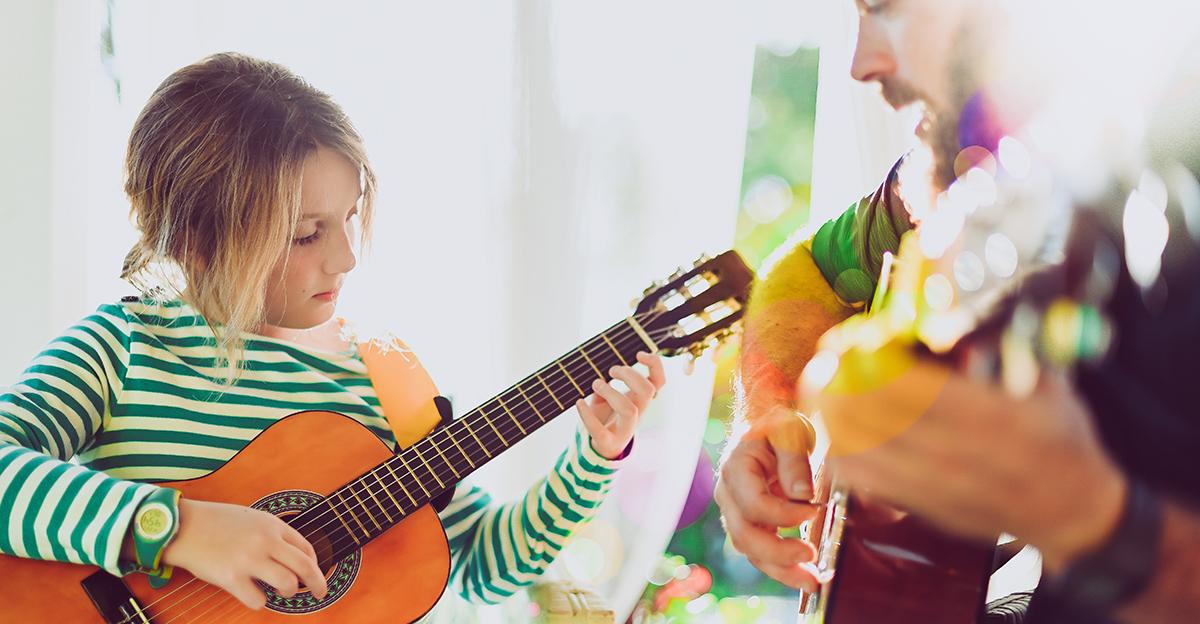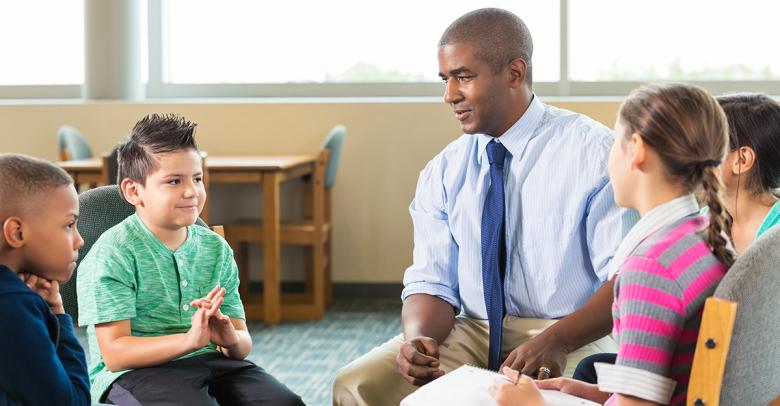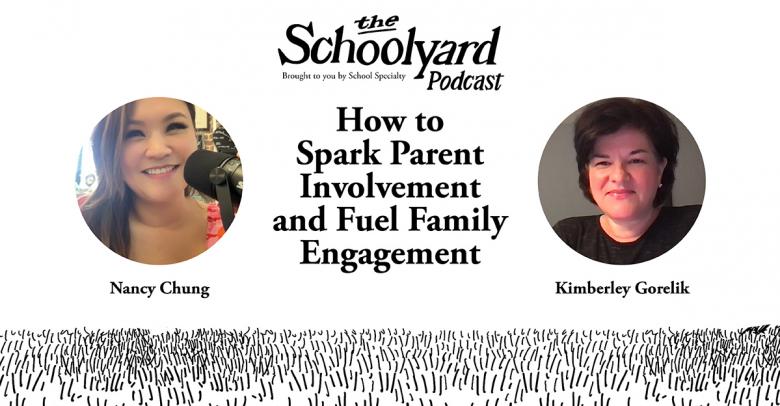When summertime hits, motivation can be difficult. Kids leave school, friends come over, and before you know it, it’s time to get back into the groove! But don’t fret; there’s a musical solution!
Experts believe engaging in a music class and playing a musical instrument can help keep students motivated during downtime. This study from Northwestern University supports the theory of motivation-boosting musical play.
So, what gives? Interestingly, dedication alone doesn’t provide the same benefits as activities that introduce a musical element. If you want kids to thrive in the upcoming school year, prevent the much-feared summer slide by introducing them to music.
All Subjects are Interrelated
Not only are they interrelated, but music covers most of them. Playing music helps kids develop determination, focus, confidence, creativity, collaboration, perseverance, and problem-solving skills. Whether it’s music’s high mathematical focus, its constant attention needs, or its reproducibility, it can provide substantial benefits for proactive learning.
This is an invaluable tool to fortify over the summer, as parents repeatedly cite the summer months as challenging for keeping kids productive. Playing music is a fun and engaging solution to keep their mental tools sharp.
A Much-Needed Time of Disruption
Experimental education often disrupts the day in beneficial ways. The structure of formal education in a summer setting may actually hinder childhood learning development. It’s important to introduce new learning methods during the summer gap when academia only goes so far.
Music is simultaneously structured and unstructured. Introducing a child to an instrument, guiding them along an unorthodox learning route, and forming a lesson plan around their progress—rather than a school curriculum—is a welcome time of enrichment that supplements academic studies.
Long-Term Benefits
In the long run, kids who play instruments develop enhanced academic skills, physical skills, discipline, and patience. It can even cultivate social skills, teaching kids to coordinate their efforts with those of an administrator. Music benefits are likely to stick around for a while, so whenever students need a break from traditional teaching, music can help them find new ways of learning and prepare their minds for academics.






Leave a Reply